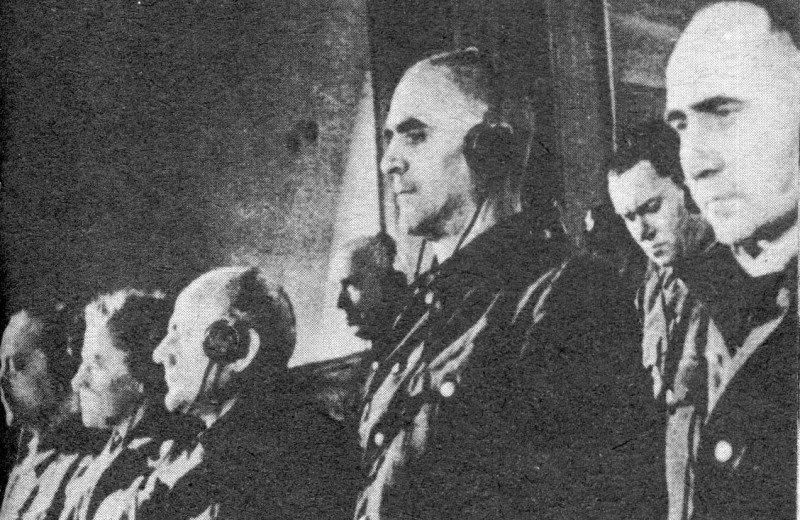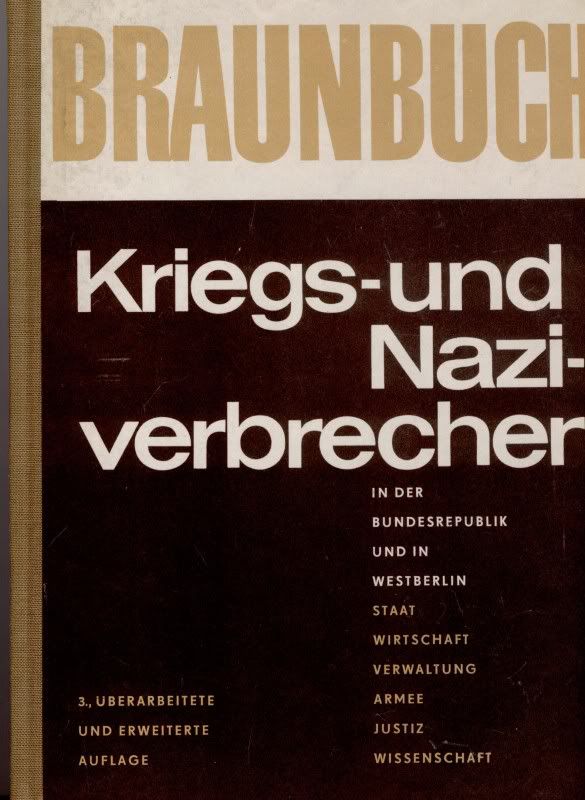Finally, my dear Mr. Egorka, I do have some spare time, so here are my answers to your questions. 
Right. But… maybe I am not remembering it correctly right now but intentional execution of POWs was defined as a crime already in the Hague 1907.
Yes, my dear Mr. Egorka – without any doubt it was defined as a crime. However, the more legally pertinent Convention in this specific case is the Geneva Convention of 1929, which containes no Si Omnes provision, requiring that all beligerents are parties to the Convention to make it of binding force.
In fact, to make it clear, when I am asking if Germany actualy had to full fill the Geneva 1929 as beteween Russia I actually mean the smaller things like letters exchange…
Well, my dear Mr. Egorka, I have to admit that I was absolutely concentrated upon executions, torturing, medical experiments on prisoners, etc. However, if we reconsider the established legal praxis that the lawful principle Stare decisis et quieta non movere is sufficent as the effective agent of legal pooling into a unified decision and a amalgamated Statement of Law (William O. Douglas: Stare Decisis, Columbia Law Review, XLIX . – 1949, p. 735), and that aforepresented decision of the US Military Tribunal at Dachau was additionaly confirmed by the absolute absence of the interlocutory appeal, we can declare that obligatory Erga Omnes nature of the Convention was judicially confirmed, thus providing deducible peremptory character of Ius Cogens to all chapters of the aforesaid Convention. 
However, factual non-existance of the bilateral agreements between previously mentioned belligerents concerning Protecting Powers charged with the protection of the interests of the belligerents in these specific issues, as well as the absence of detailed agreements between the German and Soviet governments prescribed by the Convention will be sufficient for the abolishment of the legal responsibility of the German government in these specific issues.
In the very same time it has to be mentioned that obligatory character of the Geneva Convention toward Soviet POWs was confirmed by the Supreme National Tribunal of Poland (Najwyższy Trybunał Narodowy) during the Auschwitz trial in Kraków (1947) as well. I am still waiting for the scans of the original papers connected with this question.

Members of the military garison of the concentration camp in Auschwitz standing before the Supreme National Tribunal in Cracow
As you know, the first major transport of Soviet prisoners of war came to the Auschwitz camp on the 7th of October, 1941. Other transports followed. In accordance with the amount of camp numberes issued to the prisoners, it was acertained that all togerther 13,775 prisoners of war had been brought to the camp (Jerzy Brandhuber: Soviet prisoners of war in the Auschwitz Concentration Camp. - Hefte von Auschwitz, Oświecim, 4, 1961, pp. 45 – 46).
During the period from October 1941 to the end of Fwebruary 1942, 8,320 prisoners of war had perished. The names of those murdered were entered into the book of deaths (Totenbuch), where cause and time of death were recorded. The most astonishing thing in those records is the fact that 653 Soviet POWs had officially died in succesive intervals of 5 minutes due to heart failure, which never was confirmed by a proffesional medical post mortem examination.
Also an attempt at mass killing of Soviet POW’s by gassing was made on September 3, 1941 by the order of the SS Hauptsturmführer Karl Fritsch, when 600 prisoners of war and 250 prisoners from the camp hospital had than perished. (Danuta Czech: Kalendarium der Ereignisse im Konzentrationslager Auschwitz-Birkenau.- Hefte von Auschwitz, Oświecim, 4, 1961, p. 109.).
Soviet prisoners of war were also shot in the Block of Death (Block 11), where they were shot in the back of the head. When the number of those victims was small, they were shot in the lavatory situated in a passage-way leading to the yard. The officers of the SS camp garrison took part in all executions.
Finally, I have another highly interesting legal precedent for you, my dear Mr Egorka. Do you remember that highly persuasive statement given by your legal expert, the right honorable Prof. dr. Reinhard Maurach?
Well, his shadowed acuity was somehow… extraordinarily familiar, therefore with a little help from my German friends I have checked a few things connected with his distinguished pesonality. And do you know what actually was the most astonishing thing in all that? The verity that your distinguished legal adviser, My dear Mr. Egorka, actually was a registered member of the NSDAP, prolific anti-Semitic writer, Nazi – appointed Admonisher of the District Court, and officially non-denazified professor of Law who openly stated that NS legal prescriptions against the Jews actually represented a for of a legal self-defense. :shock:
Here is a brief bio-biographical refference:

Professor Reinhart Maurach – professor of Law and fervent NS-Ideologist
Of course, complete translation of the aforesaid passage will be available if necessary.
And here is the source of information:

Of course, original scans of his highly intellectual anti-semitic articles published in the notorious “Weltkampf” will be available very soon as well.
Well, that’s all for today. In the meantime, as always – all the best. 








